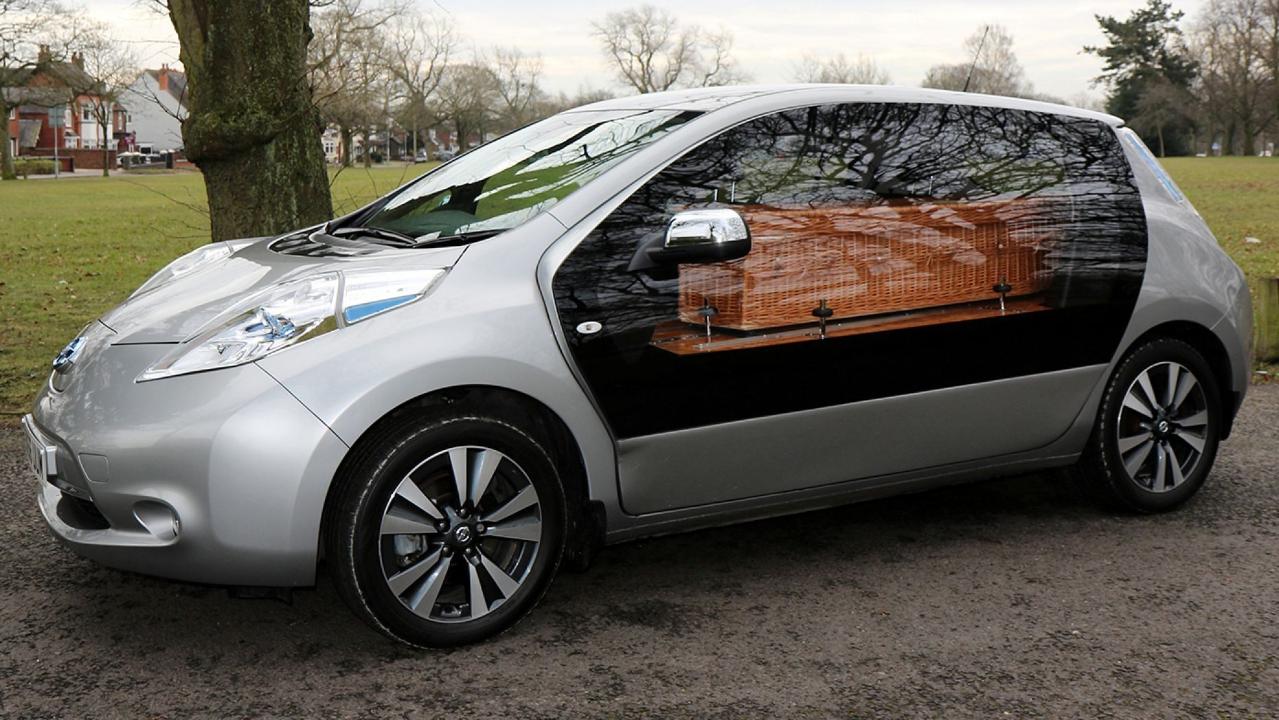Nissan recalls 308K older vehicles due to Takata exploding airbags
DETROIT (AP) — Nissan is recalling nearly 308,000 vehicles in the U.S. to replace dangerous Takata air bag inflators that can explode and hurl shrapnel.
The Nissan front passenger inflators are among 10 million from 14 different automakers that Takata is recalling. It's the last recall that the bankrupt Takata agreed to in a 2015 settlement with U.S. safety regulators.
The Nissan recall covers certain 2001 through 2003 Maximas, 2002 through 2006 Sentras, 2002 through 2004 Pathfinders, and 2007 through 2011 Versas. Also included are 2001 through 2004 Infiniti I30 and I35s, 2002 through 2003 QX4s, 2003 through 2008 FX35 and FX45s and 2006 through 2010 M35 and M45s.
GHOSN FACED 7 HOURS A DAY OF QUESTIONING IN JAPAN: LAWYER
Dealers will replace the inflators starting Feb. 10.
The Nissan inflators are part of a recall that Takata announced earlier this month. They were sold to 14 different automakers, who will conduct their own recalls. Ford, Fiat Chrysler, Honda, Subaru, Ferrari and Mazda already have made recall announcements.
The recalled inflators were used to replace dangerous ones made by Takata until a permanent remedy could be developed.
The 10 million inflators are part of the approximately 70 million in the U.S. that Takata was to recall as part of the agreement with National Highway Traffic Safety Administration.
The Takata recall could bring to a close the largest series of automotive recalls in U.S. history.
GET FOX BUSINESS ON THE GO BY CLICKING HERE
Takata used ammonium nitrate to create a small explosion to inflate air bags. The chemical can deteriorate over time when exposed to high heat and humidity and burn too fast, blowing apart a metal canister and hurling shrapnel.
Permanent replacements don’t use ammonium nitrate.
At least 25 people have been killed worldwide and hundreds injured by Takata inflators. About 100 million inflators are being recalled across the globe.
All of the Takata recalls are being phased in by the age of the vehicle and location. Vehicles registered farther south, where conditions are hot and humid, get first priority.




















